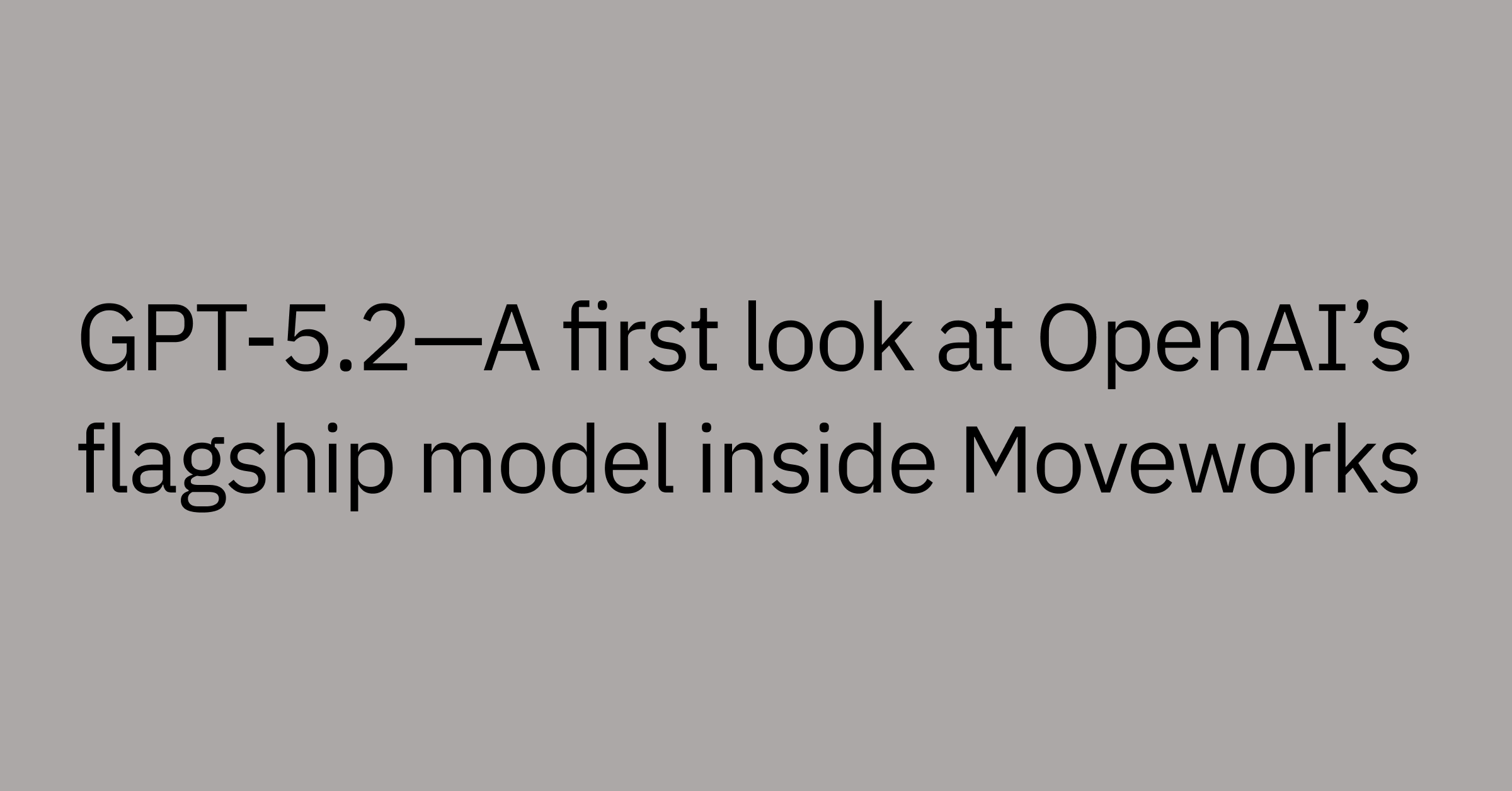Table of contents
Conversational AI technology may be new, but organizations are already seeing powerful results. According to an IDC study, 41% of organizations use AI-powered tools for customer service and 60% for IT help desks.
Conversational AI platforms can help you better support both customers and employees, streamlining business operations and enhancing user engagement. These tools automate tasks and lighten manual workloads, making them especially beneficial for your overburdened IT teams and customer support agents. These tools allow you to interact with employees and customers with “human-like” realism and deliver efficient support.
Now, let’s discuss how you can use conversational AI with different use cases and examples, dive into the top platforms, and finally explore key considerations when choosing a conversational AI tool.
At a glance: The best conversational AI platforms
Whether you want to build your own virtual assistants or onboard existing tools, these are some of the best conversational AI platforms on the market today.
Tool | Use Case |
Moveworks | Build AI agents, automate tasks, and empower your entire workforce with on-demand support |
IBM watsonx | Analyze large datasets to enhance decision-making |
yellow.ai | Streamline customer service operations and enhance customer engagement with automated responses |
Salesforce Einstein | Enhance lead scoring, personalize customer interactions, and automate sales insights with extensible AI grounded in Salesforce Platform |
Cognigy | Deploy AI agents in contact centers for scalable, omnichannel voice and chatbot solutions |
Aisera | Streamline IT support and automate helpdesk responses with action bots powered by domain-specific LLMs |
Kore.ai | Create AI agents and agentic applications that follow business logic and rules at the agent level |
Amelia | Build and deploy AI agents to solve multi-stage customer challenges |
Boost.ai | Automate customer service and hyper-personalize customer connections to increase customer satisfaction at scale |
Tars | Capture, qualify, and convert leads through personalized conversations |
Amazon Lex | Design, build, test, and deploy AI chatbots and voice bots in new and existing applications |
Google Dialogflow | Build hybrid conversational agents with generative AI functionality |
What is conversational AI?
Conversational AI is a sophisticated form of artificial intelligence that enables seamless interaction between humans and computers. Here’s how it works:
- Natural language processing (NLP) understands, interprets, and generates human language to make interactions with virtual assistants and chatbots more intuitive, natural, and human-like.
- Machine learning (ML) powers continuous self-improvement with models that learn from vast datasets, including text, speech, and interaction logs, to improve conversation accuracy and relevancy with every user interaction.
- Speech recognition AI speech recognition AI converts spoken language into text. Sentiment analysis, often applied post-transcription, interprets the emotional tone of user inputs.
Conversational AI is different from other forms of AI because it prioritizes natural, context-aware interactions. By combining NLP, ML, and speech recognition, conversational AI enables chatbots and virtual assistants to understand context, capture user intent, and engage in real-time, human-like dialogues effectively.
In just a few years, conversational AI has revolutionized the customer experience, driven better user experiences for customers and employees, and improved operational efficiency and boosted productivity.
A 2023 study from the National Bureau of Economic Research found that support workers who used conversational AI were, on average, 14% more productive than those who didn't.
Surprisingly, conversational AI helped the least skilled and experienced workers the most — their productivity rose by 35%.
Conversational AI use cases and examples
Conversational AI differentiates itself from other types of AI by combining s natural language understanding (NLU), which enables computer systems to comprehend human language s, and natural language generation (NLG), which generates contextually appropriate, human-readable text from structured data. By combining these technologies, conversational AI tools are able to interpret and respond to human language in a more natural way, understanding nuances and maintaining context over conversations.
Conversational AI also excels at interpreting contextual relevance, even within complex user queries, using sophisticated dialogue management and entity recognition techniques. This way, it can quickly respond to customers and employees with intelligent, automated, and personalized interactions that drive better user satisfaction.
Because conversational AI can understand context and naturally interact with human language, it has versatile uses in areas such as IT support, customer service, healthcare, and government.
In healthcare organizations, conversational AI can support providers by automating administrative tasks, answer common health-related questions, or guide patients through questions to assess urgency.
Conversational AI can also support government organizations with citizen services, providing 24/7 automated assistance to respond to common inquiries and help with appointment bookings. Because conversational AI can understand caller intent, it can route calls to the relevant office, reducing bottlenecks and improving efficiency.
1. Moveworks
Moveworks is an agentic AI assistant that can empower your entire workforce. By delivering enterprise-wide support in 100+ languages, Moveworks transforms how employees get help, search for content, and complete tasks, giving you one intelligent assistant to streamline your HR support, help automate finance operations, and accelerate IT teams.
Key features of Moveworks:
- Find answers: Enterprise Search empowers teams to find the information they need in any system, format, or domain
- Automate tasks: AI Assistant can intuitively complete tasks from end-to-end in seconds
- Boost productivity: Make your workflows far more efficient by providing every employee with powerful generative AI capabilities
- Build AI Agents: Enables developers to easily create customizable AI agents to streamline enterprise-wide processes
Moveworks is ideal for enterprises that want to integrate self-service solutions across departments. Moveworks can seamlessly integrate AI-powered automation across your existing platforms and systems to streamline enterprise-wide workflows and employee productivity.
To discover more about Moveworks enables support efficiency, request a personalized demo or learn why Moveworks named a Leader in The Forrester Wave™: Conversational AI Platforms For Employee Services, Q3 2024.
2. IBM watsonx
watsonx is IBM’s suite of AI products designed to accelerate generative AI adoption and drive productivity. It includes a variety of solutions that support everything from AI development and implementation to governance.
Key features of watsonx:
- An enterprise-grade AI studio for building AI solutions
- A hybrid, open data lakehouse to support AI and analytics
- An end-to-end toolkit for AI governance
- An enterprise-ready platform for creating, deploying, and managing AI assistants
- A generative AI assistant to accelerate code generation
Watsonx is ideal for enterprises that analyze large datasets and enhance decision-making capabilities, particularly in finance or healthcare.
3. Yellow.ai
Yellow.ai delivers AI-first customer service automation for faster, better customer support. This conversational AI platform enables personalized, human-like interactions across voice, chat, and email channels to streamline customer service operations.
Key features of Yellow.ai:
- Human-like conversations via voice, chat, and email
- 150+ plug-and-play integrations
- AI-powered agents that can communicate in 135+ languages
- In-house LLMs ensure speed and accuracy
Yellow.ai is a helpful tool for customer-centric industries, such as retail, e-commerce, banking, and organizations that want to enhance customer engagement through automation.
4. Salesforce
Salesforce delivers trusted, extensible AI grounded in its Salesforce platform via Einstein, its conversational AI. With Einstein, you can use conversational AI right alongside your customer data to create customizable, predictive, and generative AI experiences across your existing workflows.
Key features of Salesforce Einstein:
- Native integration with Salesforce
- Real-time predictions help sales teams close deals
- AI tools work alongside customer data from sales calls
Salesforce Einstein makes sense for businesses that are already using Salesforce and want to bring automation to sales and customer relationship initiatives. It’s also a good fit for sales-driven industries like retail, B2B technology, and financial services.
5. Cognigy
Cognigy is an enterprise-grade AI platform that uses generative AI to elevate customer self-service. This conversational AI platform allows you to deploy AI agents directly into your contact center, helping employees deliver fast, personalized customer support.
Key features of Cognigy:
- Hyper-realistic voices create empathetic dialogues with customers
- Voice and chat-ready solutions cover multiple channels
- Personalized customer service to drive long-term loyalty
Cognigy is a smart choice for enterprises that want to scale their customer support services across diverse channels. It’s especially helpful for industries with intricate, multi-step customer service processes, like telecoms, banking, and insurance.
6. Aisera
Aisera offers a turnkey GPT solution that features action bots powered by domain-specific LLMs. This GPT lets your business automate tasks and workflows across different departments.
Key features of AiseraGPT:
- Instant answer generation and article summarization to save time
- Domain-specific LLMs increase accuracy and relevancy
- UniversalGPT solution to resolve requests across departments
Aisera can be a good match for enterprises that want to improve their IT services with automated helpdesk responses, such as those in finance, telecommunications, or professional services.
7. Kore.ai
Kore.ai combines agentic AI capabilities with enterprise-grade no-code development tools and comprehensive data services to help enterprises enable AI transformation. Specifically, it can help your team create AI agents and agentic applications that follow business logic and rules at the agent level instead of the model level.
Key features of Kore.ai:
- Model-agnostic flexibility across LLMs ensures technology independence
- Pre-built workflow templates and no-code tools accelerate AI projects
Kore.ai's agentic assistance can be a good choice for organizations that rely heavily on customer support. The platform's speed and maturity can make it an option for industries like banking, insurance, and healthcare.
8. Amelia
Amelia is a leading conversational AI platform for building enterprise-grade AI agents. Its multi-agent frameworks can handle complex, multi-stage customer challenges and support customers and employees for fast issue resolution.
Key features of Amelia:
- User-friendly, low-code design for teams of all technical backgrounds
- Inductive learning and journey analytics
- Pre-built content packs and generative AI-automated use case creation
Because Amelia can handle complex, multi-stage inquiries, it can be a good fit for organizations in finance, healthcare, and insurance that require 24/7 support.
9. Boost.ai
Boost.ai is a virtual agent with conversational AI capabilities that automates human-to-organization interactions for better, more user-friendly customer experiences. Not only does it automate customer service interactions, but it also uses generative AI to deliver hyper-personalized responses for increased customer satisfaction.
Key features of Boost.ai:
- Omnichannel support powers interactions across customer touchpoints
- Agent manager with high-traffic capabilities to support scaling
- 24/7 support for more satisfying customer experiences
With the ability to handle inquiries and requests across multiple channels, Boost.ai can be a good choice for organizations that need to quickly scale up support services, especially in customer service-intensive industries like banking and insurance.
10. Tars
Tars’ conversational AI platform improves customer experiences while boosting employee productivity. It transforms workflows into simplified dialogues and leverages automation for repetitive tasks, giving employees more time to focus on strategic initiatives and personalized touchpoints.
Key features of Tars:
- Automated lead-nurturing simplifies marketing campaigns
- Streamlined campaign processes free up time for human-led creativity and innovation
- Complies with SOC 2, GDPR, ISO, and HIPAA
Tars helps organizations increase lead generation and customer engagement with personalized conversations that better capture, qualify, and convert leads. This is a good match for lead-driven industries like real estate and B2B services.
11. Amazon Lex
Amazon Lex is a managed artificial intelligence service for designing, building, testing, and deploying AI chatbots and voice bots in applications. With advanced natural language models, enterprises can use Amazon Lex to add AI-powered chatbots to both new and existing applications.
Key features of Amazon Lex:
- Streaming chat capabilities let users pause and restart multi-turn conversations as needed
- Automated chatbot designer uses existing conversation transcripts to simplify bot design
- Pay-as-you-go pricing
Amazon Lex helps organizations add AI-powered chatbots and voice assistants to their existing applications and websites. Its pay-as-you-go pricing structure can make this conversational AI platform suitable for organizations big or small.
12. Google Dialogflow
Google Dialogflow helps users build hybrid conversational agents that use generative AI to power customer conversations.
Google Dialogflow gives companies a development platform for text- and voice-based virtual agents, letting them manage multiple channels and large volumes of interactions from one place.
Key features of Google Dialogflow:
- No/low code gives teams predictability, controls, and a short time to production
- Powered by Google’s generative AI
- Out-of-the-box quality for seamless customer engagement integrations
Google Dialogflow is a good fit for organizations that need intelligent chatbots and voice assistants for customer interactions across multiple channels, such as in retail, banking, and healthcare.
13. Microsoft Bot Framework
Microsoft Bot Framework is a comprehensive framework for developing advanced conversational AI experiences. Leveraging Azure Bot Service enables you to build intelligent, enterprise-grade bots while maintaining complete ownership and control of your data.
Key features of Microsoft Bot Framework:
- Azure Cognitive Services teach bots how to speak, listen, understand, and learn from your users
- Open-source SDK and tools
- Custom-built solutions integrate with your existing IT ecosystem
Microsoft Bot Framework is useful for organizations that prioritize data ownership and AI experiences, making it ideal for customer-centric industries like retail and e-commerce.
How to choose a conversational AI tool: Key considerations
Plenty of conversational AI platforms are on the market, but you need a tool that aligns with your organization’s specific needs and long-term goals. As you weigh your options, consider:
- Ease of use: Does the platform have no/low code capabilities? How fast can you deploy conversational AI?
- Security: Does the platform comply with regulations such as HIPAA, GDPR, and ISO? How does it protect your organization’s sensitive data?
- Scalability: Can the platform support an omnichannel approach across your applications, messaging, email, or other channels ?
- Integrations: Will your organization’s existing systems and applications integrate with that platform? How much time and effort will integrations take?
- Customer support: Does the platform have 24/7 customer support? Will you have a dedicated customer success manager?
- Multilingual: Can the platform support your global employees and customers? What languages are supported?
Moveworks supercharges support productivity with conversational AI
Moveworks is a leading conversational AI platform for enterprise businesses. Unburden support teams and empower your workforce with the most complete AI solution for support automation.
Importantly, Moveworks meets your employees wherever they are — from enterprise messaging apps, intranets, service portals, and more — to create intuitive, conversational experiences with trustworthy responses.
- Automate repetitive tasks like IT ticket resolution, HR inquiries, and customer support issues.
- Deploy multi-step automation across multiple teams, reducing the need for manual intervention.
- Supercharge productivity with AI that can reason, plan, and execute employee requests.
Empower your workforce with faster solutions, comprehensive knowledge, and friction-free support processes.
Discover why Moveworks was named a Leader in The Forrester Wave™: Conversational AI Platforms For Employee Services, Q3 2024



